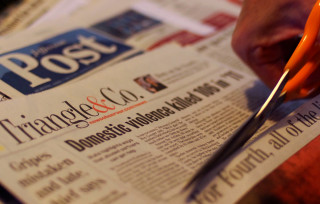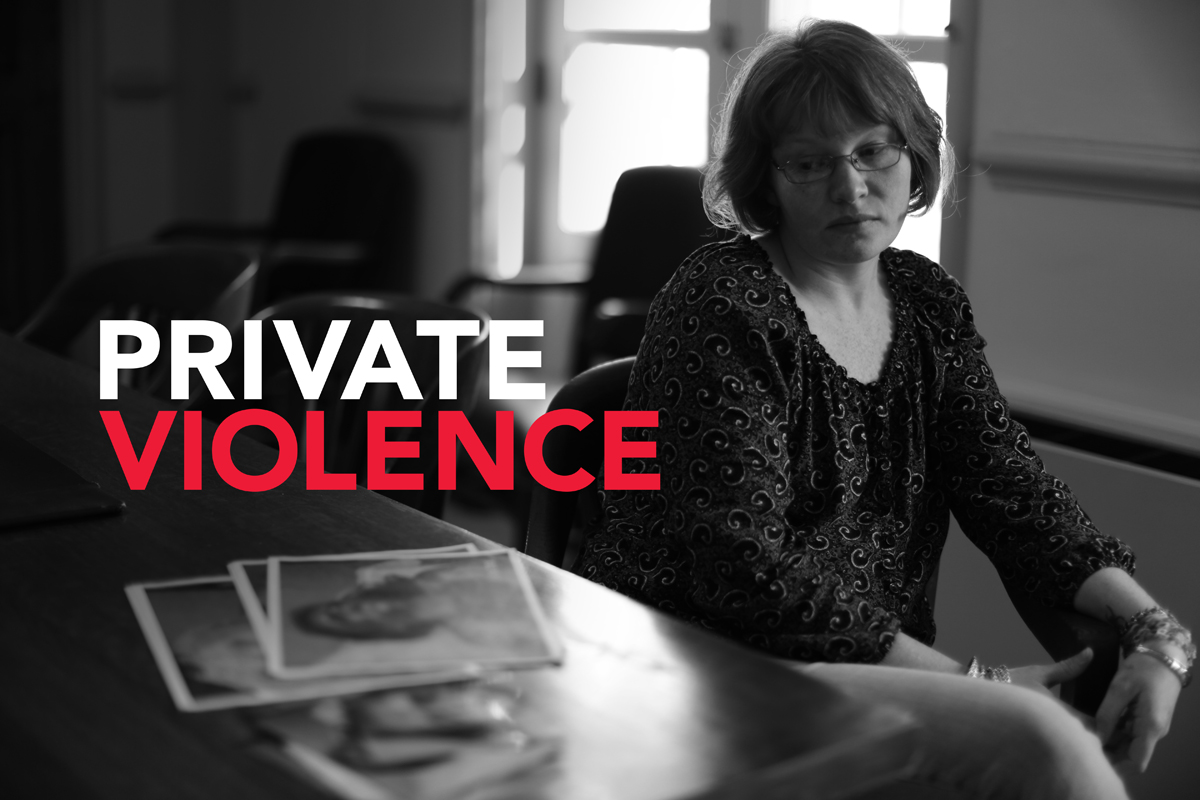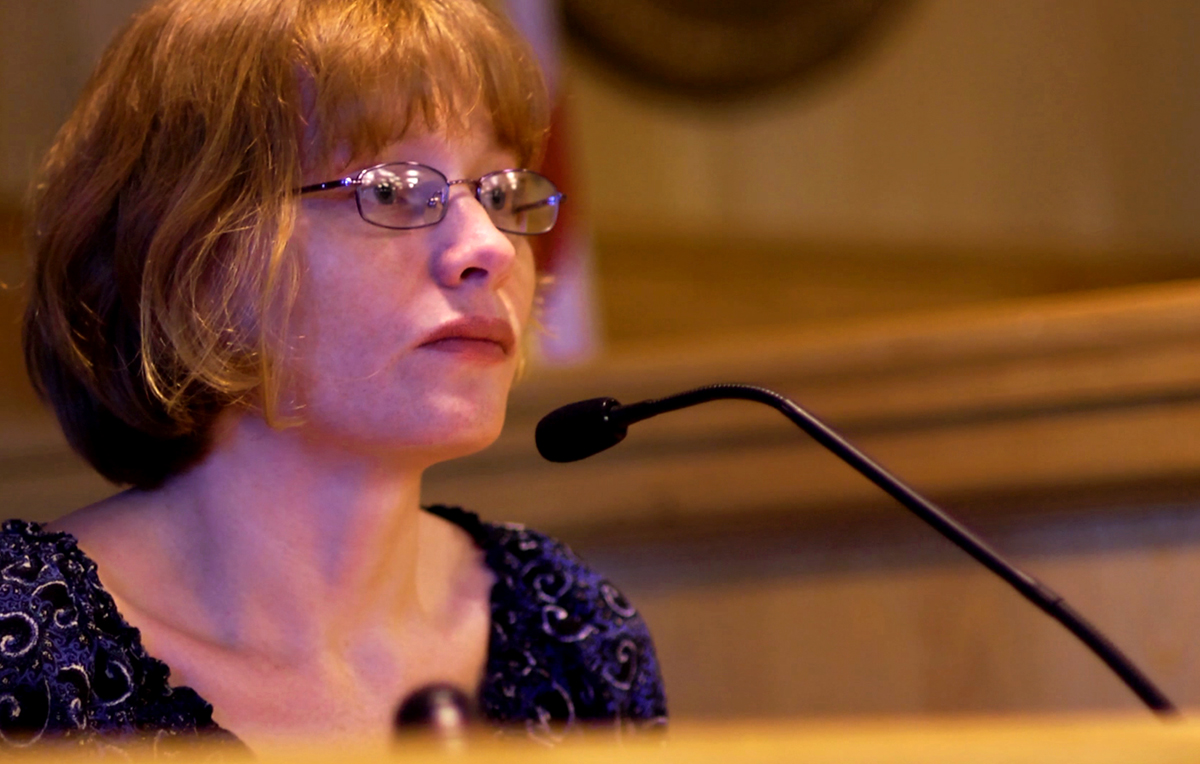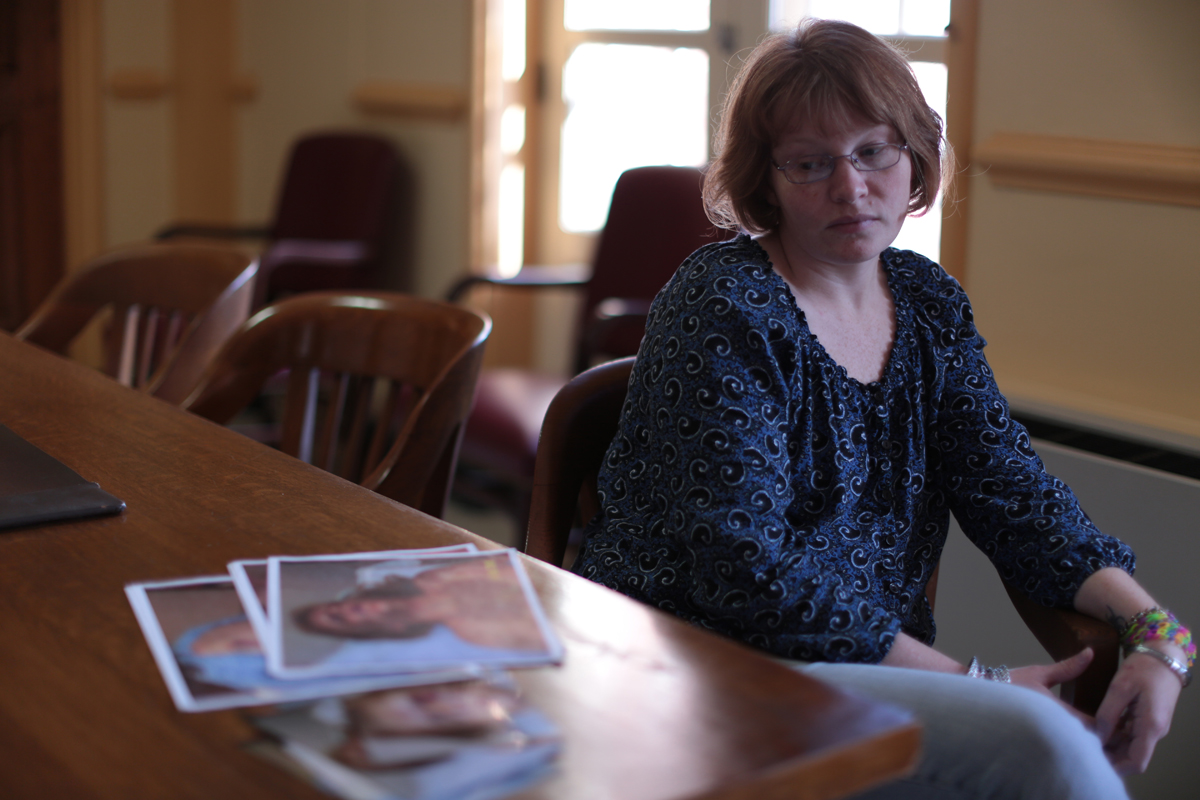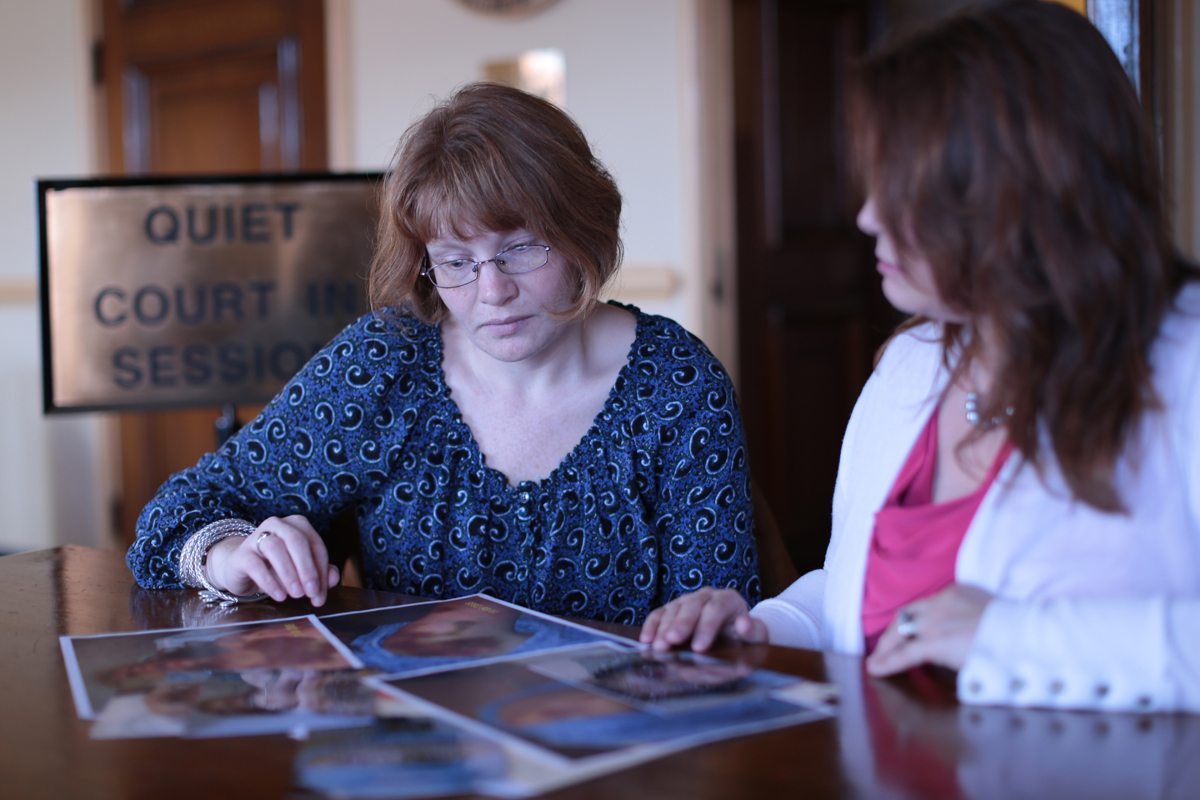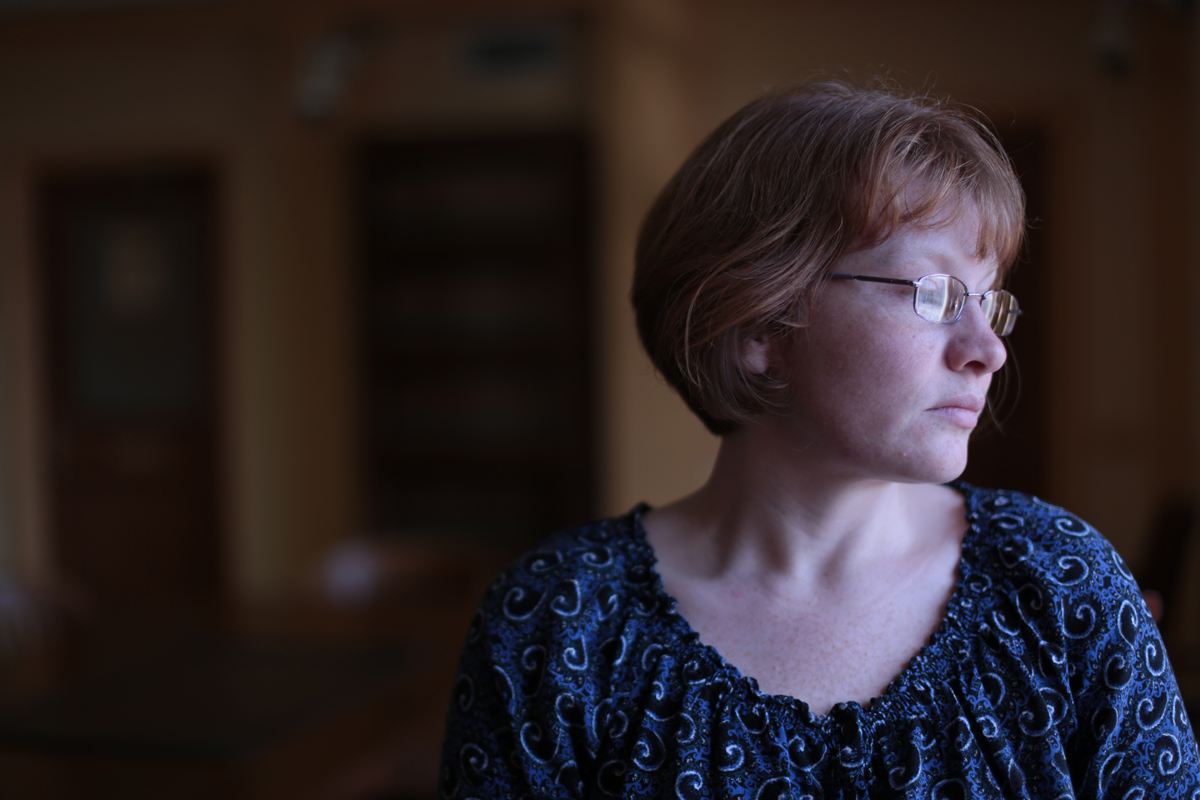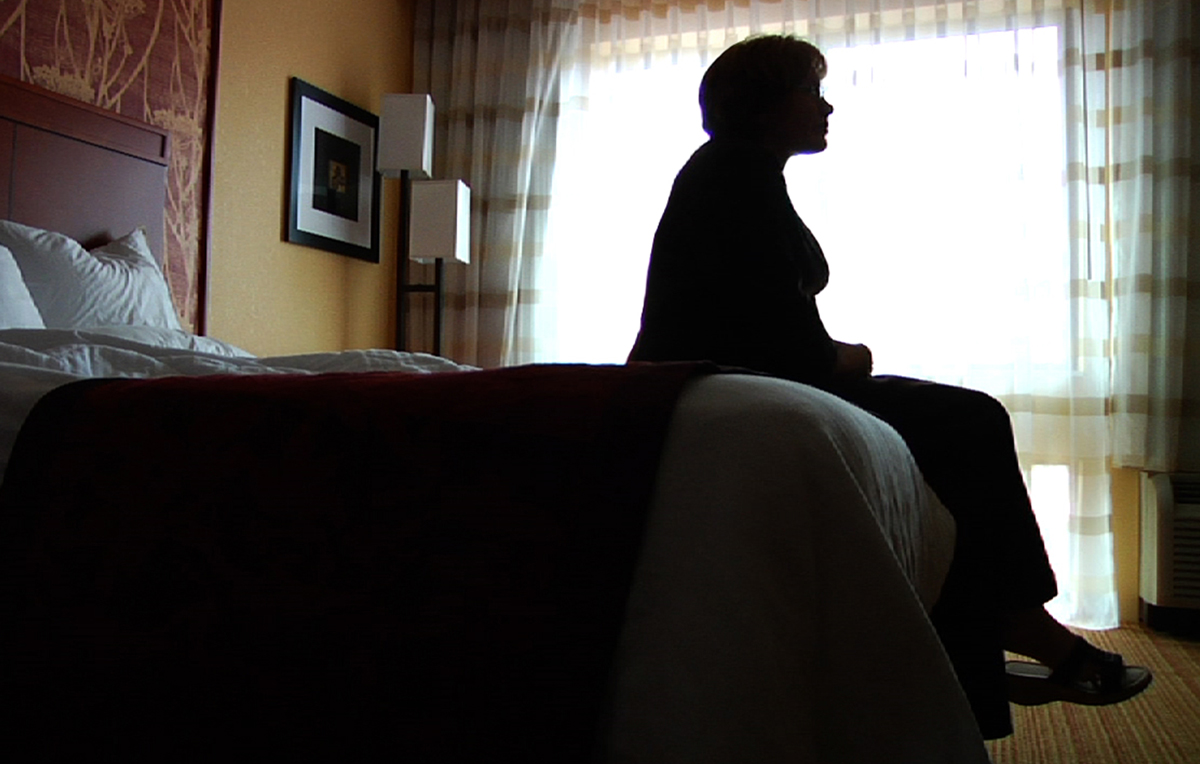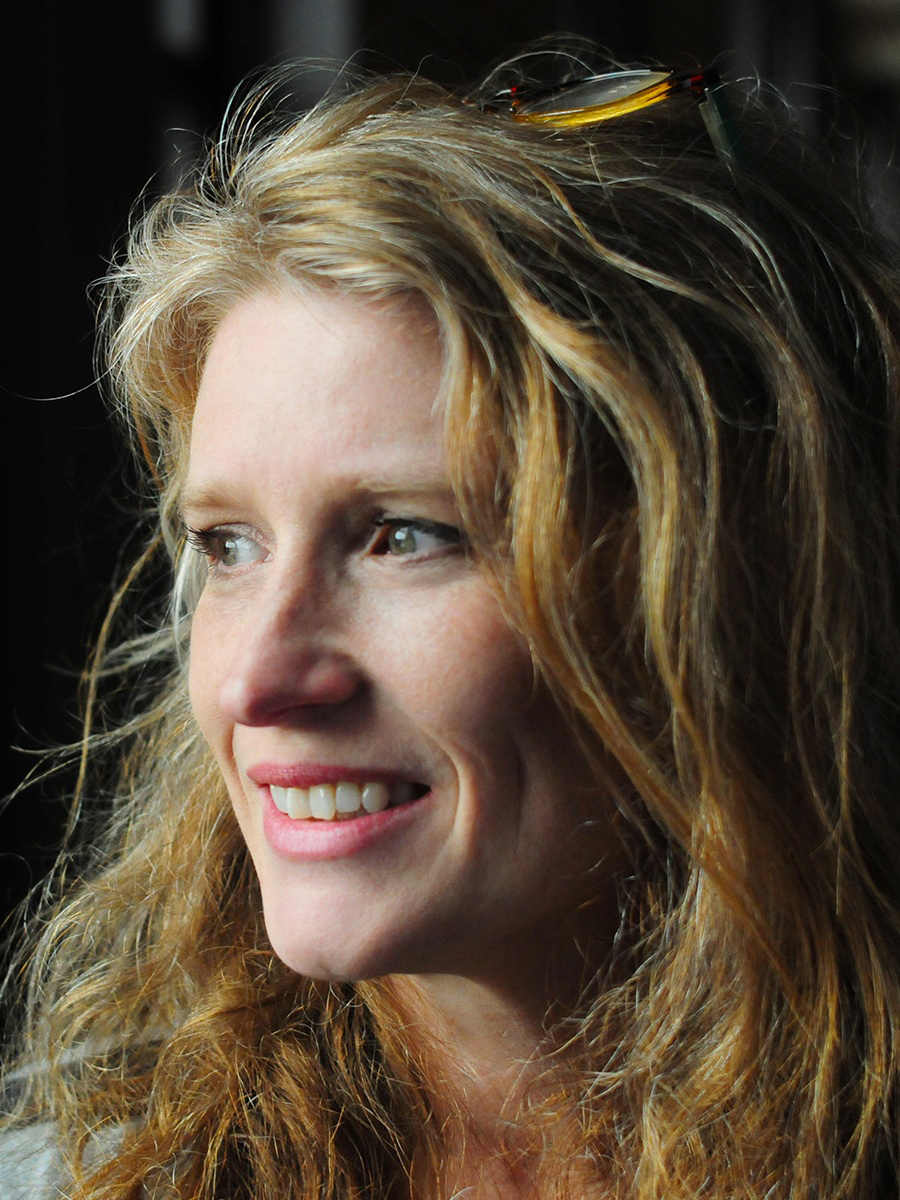Private Violence
2014 | 77 minutes | Color | Order No. 151151
Emmy-nominated PRIVATE VIOLENCE explores a simple but deeply disturbing fact of American life: the most dangerous place for a woman in America is her own home.
SYNOPSIS
PRESS
"PRVIATE VIOLENCE begins to shape powerful, new questions that hold the potential to change our society..."
"Hill's work lingers and probes with an urgent, comprehensive call to action. PRIVATE VIOLENCE is…insistent that its troubles can be confronted head-on."
"It is a disturbing, emotional, painful, infuriating, and hard-to-watch film but it is an important one. Just by being truthful and honest with its subjects, Cynthia Hill's film feels like a call to action. Listen to it."
"...a tough, compelling and important documentary."
"An intimate and powerful exploration of domestic violence."
"There have been many documentaries on this topic...none can touch the power, sensitivity, and explanatory skill of this one."
"This film is hard to watch -- but that's exactly why you need to."
"PRIVATE VIOLENCE is a directive American trauma thinkpiece, insistent that its troubles can be confronted head-on."
"The obstacles against effectively protecting battered women & prosecuting their abusers are vividly illustrated."
"PRIVATE VIOLENCE illustrates not only how much domestic abuse slips through the legal and social cracks of society, but also how poorly we understand the victim's point of view."
“PRIVATE VIOLENCE…shows with shocking clarity that the worst of such cases rarely involve just a single punch, and that the problem is far more entrenched than a trending-on-Twitter moment makes it seem."
"PRIVATE VIOLENCE makes painfully clear the emotional and legal hurdles battered women endure just to feel safe again in or outside the home. Brisk and disturbing, it should be an eye-opener to anyone whose understanding of domestic violence amounts to the ignorant suggestion, "Why didn't you leave?"
"This potent documentary is a natural for public/educational tube slots, and should have an afterlife in classroom and organizational settings."
SCREENING HIGHLIGHTS AND AWARDS
- Full Frame Documentary Film Festival, Kathleen Bryan Edwards Award for Human Rights
- Dallas International Film Festival, Silver Heart Award
- 16th Annual WIN Awards, Best Documentary Film
- Nominee, EmmyTM Award
- Human Rights Watch Film Festival
- Sundance Film Festival
- New Orleans Film Festival
- DOXA Documentary Film Festival
- Heartland Film Festival
- Hot Docs International Documentary Film Festival
- T/F Film Fest
- Bolderlife Film Festival
ABOUT FILMMAKER(S)
Cynthia Hill is a Durham, NC-based filmmaker known for crafting story-driven and visually-rich documentaries. Hailing from Pink Hill, a rural crossroad in eastern North Carolina, Cynthia is co-creator and director of PBS’ Peabody and Emmy Award winning documentary series A CHEF’S LIFE which won the inaugural Daytime Emmy Award for Outstanding Culinary Program in 2018. In addition, Cynthia received a Daytime Emmy Award for Outstanding Directing in a Lifestyle/Culinary/Travel program. The series received the 2016 James Beard Award for Outstanding Personality/Host.
Cynthia's previous documentary work includes ROAD TO RACE DAY, a NASCAR documentary series executive produced by Peter Berg (Friday Night Lights) which premiered on go90, and PRIVATE VIOLENCE, which debuted at the 2014 Sundance Film Festival, premiered on HBO, and garnered Cynthia an Emmy nomination.
She is currently directing a true crime documentary that is in development with HBO. (03/19)
Subject Areas
RELATED LINKS
MATERIALS

